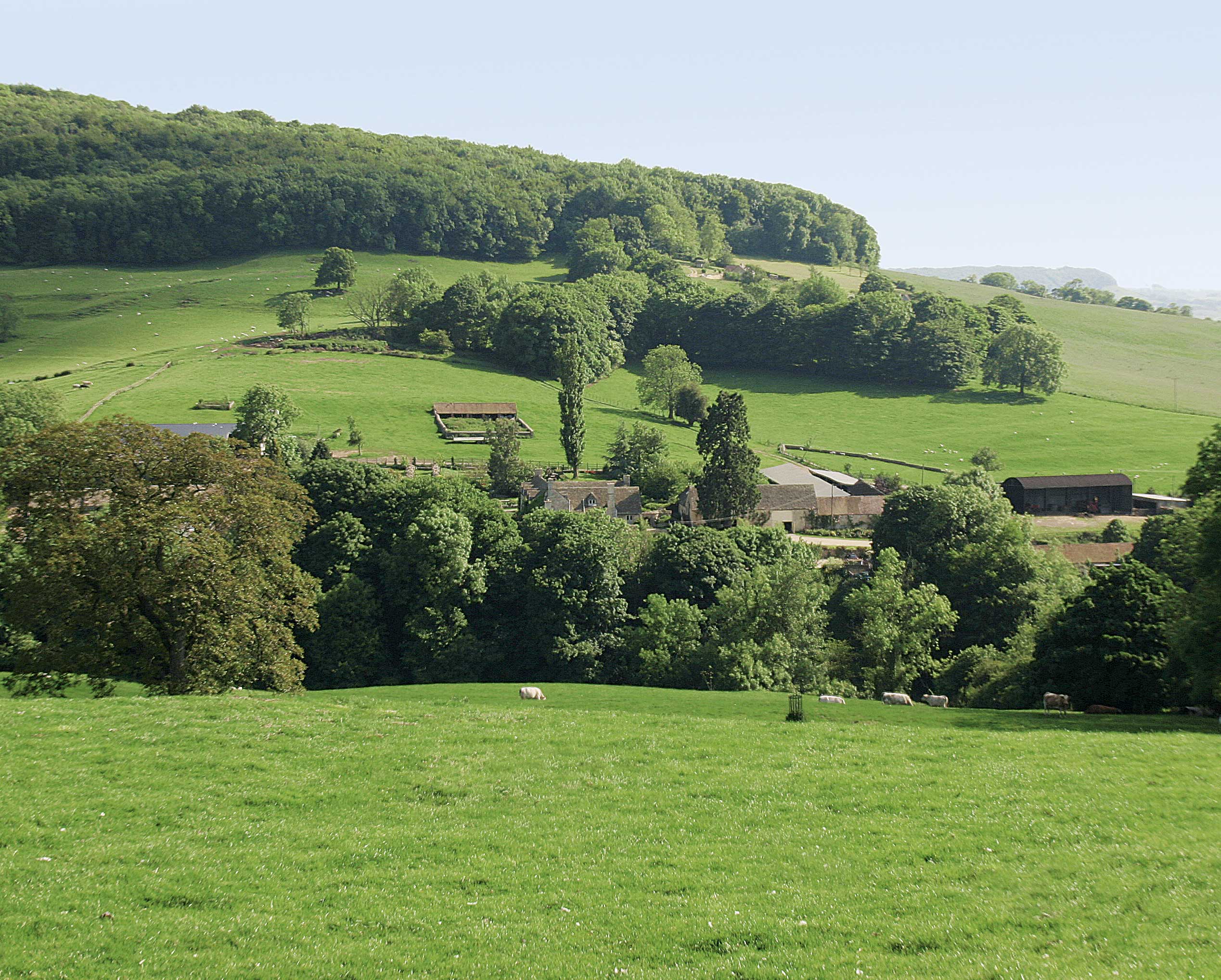Shielding houses from noise pollution
Don't despair of road noise - there are ways of reducing the interference


Anyone who has lived in central London will have become immune to (or can even enjoy, in some circumstances) the background soundtrack of car alarms, police sirens and traffic that is synonymous with urban living. The depiction of the rural idyll that so many city dwellers aspire to is, however, dramatically different. 'People moving out of towns and cities are looking for property that meets a vast range of needs, but one of the top "must haves" is actually a "must not have" noise,' says James Greenwood, of Stacks Property Search & Acquisition. 'Peace and quiet are the holy grail in rural-property terms. But what many city dwellers don't realise is that unless you are moving north of Hadrian's Wall, or west of Offa's Dyke, finding a property that is completely unaffected by noise, especially road noise, is almost impossible. The task is made more difficult when buyers want to be in a good location, close to major road networks, but are still in search of the sound of silence.' Charles Birtles, who has recently migrated from being head of residential property in the Savills' Winchester office to setting up his eponymous property-search company, has had plenty of experience in selling properties affected by noise. He says that buyers looking for more space are sometimes willing to compromise on the situation of a property if the guide price is right, but that is the key differential. 'In my experience, vendors of noise-blighted properties never seem to accept that a considerably reduced guide price is needed to attract buyers at least 20% lower than a similar property in the same location that is unaffected by noise.' Edward Welton of Knight Frank's Beaconsfield office agrees. 'It's difficult to quantify as it depends on what level of intrusion there is, but if a property is blighted by a combination of road, rail and air traffic, then I would say its value will be 25% less. It puts some buyers off, but then others aren't bothered.' Mr Welton has recently bucked the trend by moving back to London after a stint in Stow-on-the-Wold. 'At the start, you miss the peace and tranquillity, but you soon adapt. For many couples with young families, the bonus of being able to afford a property with more land and good schools nearby is outweighed by the lack of total silence.' Noise disturbance isn't limited to road noise: trains, low-flying military jets, off-road tracks and clay-pigeon shooting grounds are just some of the potential sources that buyers should bear in mind. Mr Greenwood counsels: 'If you're prepared to accept dramatic road noise, you can get yourself a great bargain. And there are plenty of things you can do to minimise road noise.' Trees and hedges screen noise laurel is particularly good, as it grows quickly, is evergreen and the rustle of the leathery, glossy leaves will detract from the intrusive hum. Another option to consider is installing a water feature, as the sound of water absorbs other sounds. 'Water features are extremely popular around Beaconsfield!' affirms Mr Welton. Finally, landscaping, using banks and bunds, can dramatically reduce road noise. SILENCE ISN'T ALWAYS GOLDEN Country-house buyers with sensitive ears should follow the following guidelines, recommends James Greenwood: Start by looking at a map. If you're within one mile of a motorway or major road, you will almost certainly hear a steady hum of traffic. Noise is affected as much by topography as distance if you have a large hill between you and a road, much of the noise will be cut out. Trees provide a good screen for noise, so a wood between you and the noise source will also help. Consider the prevailing wind. If this takes the noise away from you, you may decide that, on the rare occasions that the wind is from the opposite direction, you can live with the noise. Remember that noise carries across water more than it does across land. Aim to listen at different times of the day, factoring in rush hours, and the times that you are likely to be seeking peace weekends, evenings, and nighttime, for example. Try and create realistic scenarios for instance, road noise sounds particularly bad when it's raining, but are you likely to want to sit outside in the rain? If you're concerned about road noise, ask to spend some quiet time in the property with the windows open. A background hum of constant traffic can be better than irregular traffic down a small road close by. If you buy a property on a 'quiet' lane, you may find you're on the regular route of heavy farm traffic.
Exquisite houses, the beauty of Nature, and how to get the most from your life, straight to your inbox.

